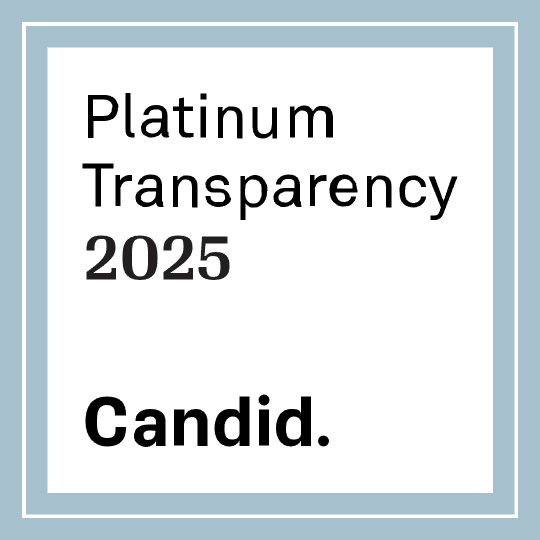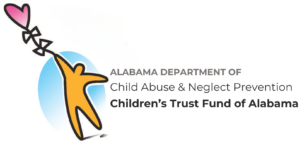Written by Ryleigh Jeffers
If you’re a family member of someone in recovery, there’s a lot you can do to help. However, in addition to offering your own support, you can also contribute by getting the right professionals involved. With that in mind, let’s take a look specifically at what kind of help you can enlist, and the people most appropriate for administering different types of support.
Substance Abuse Counselors
A substance abuse counselor is often the first person a patient will see once they’re physically stable (i.e. not undergoing detox in a hospital). This being said, these counselors can help patients both during times of crisis and for long-term addiction management. During long-term treatment, patients and counselors often develop a “therapeutic alliance” wherein the patient eventually feels safe enough to speak freely during sessions –– an extremely important point in a mental health journey. In order to develop a healthy therapeutic alliance, counselors know what to say and what to avoid during sessions, which ultimately helps the patient feel more at ease (and therefore more open to help).
Forensic Psychologists
This is not necessarily the first field people think of with regard to addiction treatment, because it is not exclusively related to patient therapy. While the field of forensic psychology involves a number of different professional applications however, professionals in this space are trained to evaluate human psychology with regard to a range of behaviors –– including drug abuse. Since they often see clients and patients “at their worst”, those involved in the field of forensic psychology are often prepared to deal with essentially anything that may come their way. Particularly if the person you’re helping has an ongoing struggle with addiction, or a history of relapses, professionals in this space are worth consulting.
Group and Sponsor Programs
 Group programs (commonly known as “12-step programs”) such as Alcoholics Anonymous and Narcotics Anonymous are well known for a reason: they play an integral role in continued sobriety for countless people. Participants are matched with sponsors –– usually people who have gone through addiction themselves and come out clean. These relationships in turn become the foundations for strong support networks for addicts, with sponsors, therapists, mediators, and of course fellow participants all working together to create an environment of healing and recovery. And now with the spread of virtual meetings, getting “together” is easier than ever (even if in-person contact may still be preferred).
Group programs (commonly known as “12-step programs”) such as Alcoholics Anonymous and Narcotics Anonymous are well known for a reason: they play an integral role in continued sobriety for countless people. Participants are matched with sponsors –– usually people who have gone through addiction themselves and come out clean. These relationships in turn become the foundations for strong support networks for addicts, with sponsors, therapists, mediators, and of course fellow participants all working together to create an environment of healing and recovery. And now with the spread of virtual meetings, getting “together” is easier than ever (even if in-person contact may still be preferred).
Addiction Psychiatrist
Sometimes, addiction recovery can be coupled with Medication-Assisted Treatment under the supervision of a psychiatrist. A psychiatrist can also help with patients suffering from mental illness, prescribing medications and providing adequate follow-up in order to make sure that the treatment is working –– or tweaking said treatment if necessary. It may be tricky to find someone, however, as there’s a shortage of psychiatrists relative to need. Problems such as this make the help and support of friends and family members that much more important.
Addiction is a tough condition to treat. It’s difficult for patients to talk about and stressful for family and friends to deal with –– and there’s always a looming possibility of relapse to worry about as well. However, there are people who have been trained professionally to support patients in this space. Sometimes the best way you can offer support is by knowing who to talk to and for what reasons.









